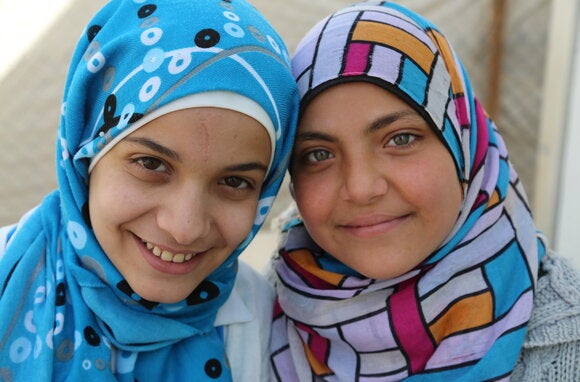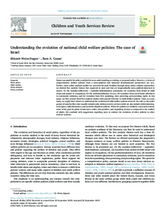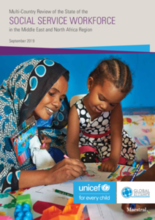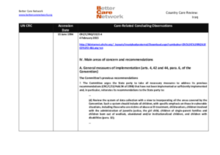

Displaying 111 - 120 of 307
This chapter from the book Education in Out-of-Home Care examines a policy change to affect the overall ecology of youth villages (Israeli residential schools), aimed at emphasizing high school academic achievements as a key to future success.
In this paper, the authors first present five longitudinally socio-political-historical analytic themes appearing in many policy analysis approaches identified in a literature review, with special reference to child welfare policies. Then, as a case study, the authors apply these themes to understand the evolution of child welfare policies in Israel.
FICE International is holding its 34th World Congress in Tel Aviv, Israel 29-31 October 2019. The Congress is held every three years, each time in a different country, and is designed to review the work with children at risk, children wi
This report is a review of the social service workforce in eight countries: Djibouti, Iran, Jordan, Lebanon, Morocco, Palestine, Sudan and Tunisia.
This country care review includes the Concluding Observations for the Committee on the Rights of the Child and the Committee on the Rights of Persons with Disabilities adopted as part of their examinations of Kuwait’s periodic reports.
This country care review includes the care-related Concluding Observations adopted by the Committee on the Rights of the Child and the Committee on the Rights of Persons with Disabilities as part of the Committees' examinations of the periodic reports of Iraq.
The International Society for the Prevention of Child Abuse and Neglect (ISPCAN), in partnership with the Oman Ministry of Social Development, Children First Association, Sultan Qaboos University, United Nation’s Children’s Fund (UNICEF), and the ARAB-CAN Society, proudly present the 2019 ISPCAN Congress in Oman.
This study addressed foundling and abandoned children in the Palestinian society as a multi-dimensional phenomenon.
This mixed‐methods study presents data on the needs and availability of support of 222 Israeli care‐leavers, suggesting that the most urgent needs of care‐leavers are a lasting need for a stable and available support figure and assistance with educational issues.
In this chapter of Filiation and the Protection of Parentless Children, the author shows the ways in which premodern Muslim jurists and judges (with focus on early modern Egypt) were able to circumvent the prohibition of adoption through discursive moves and practices, which helped create a family life for many parentless and non-biological children.




